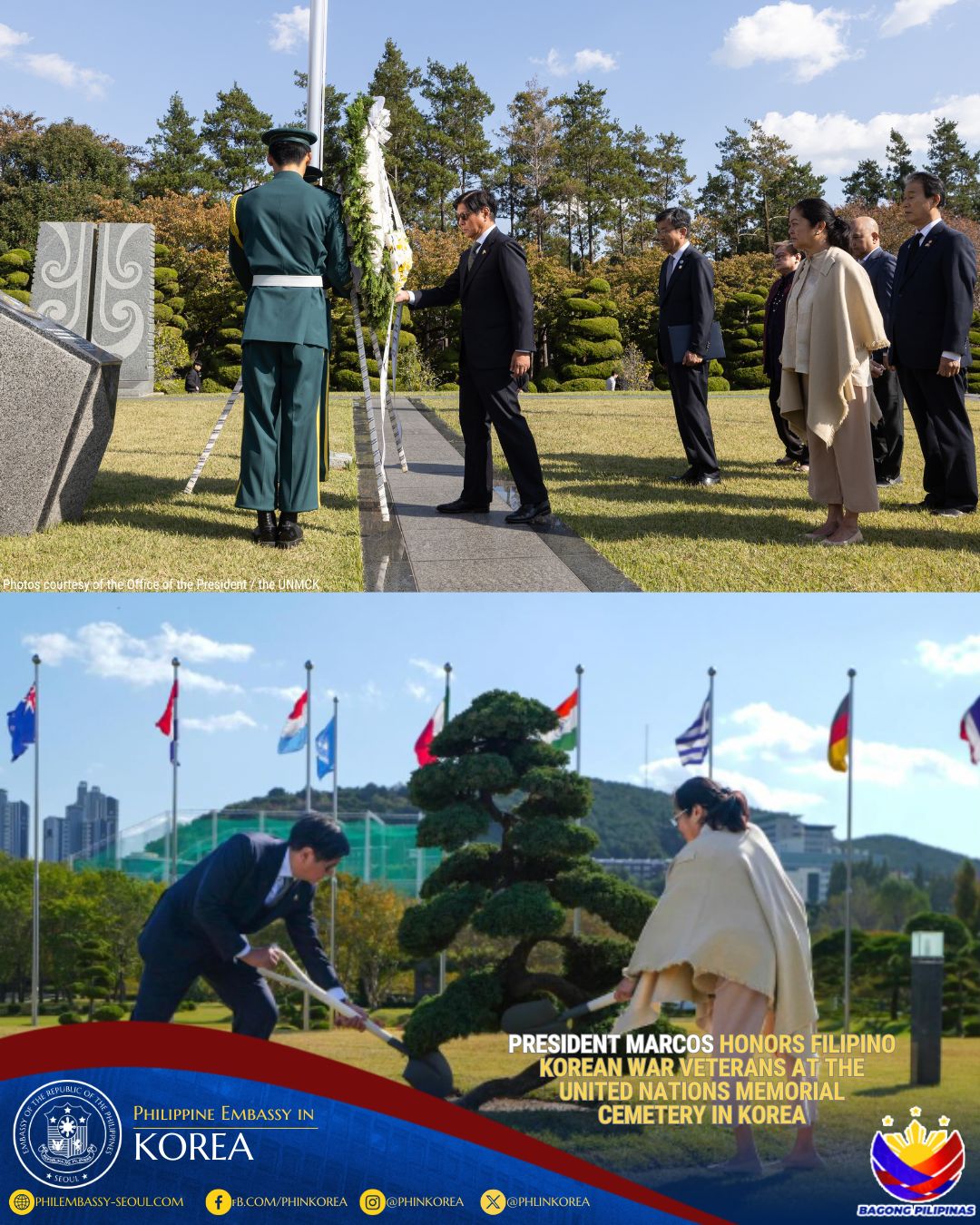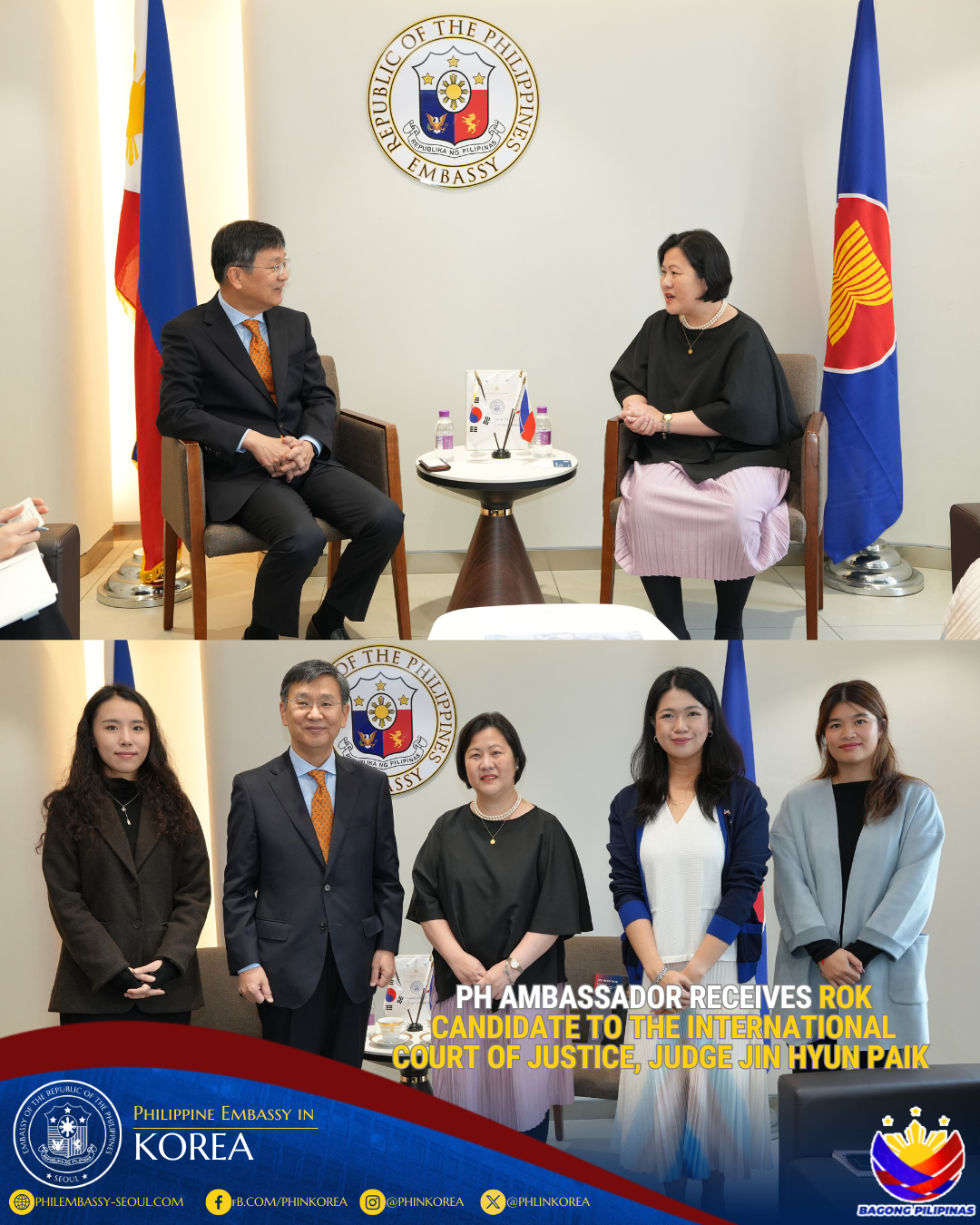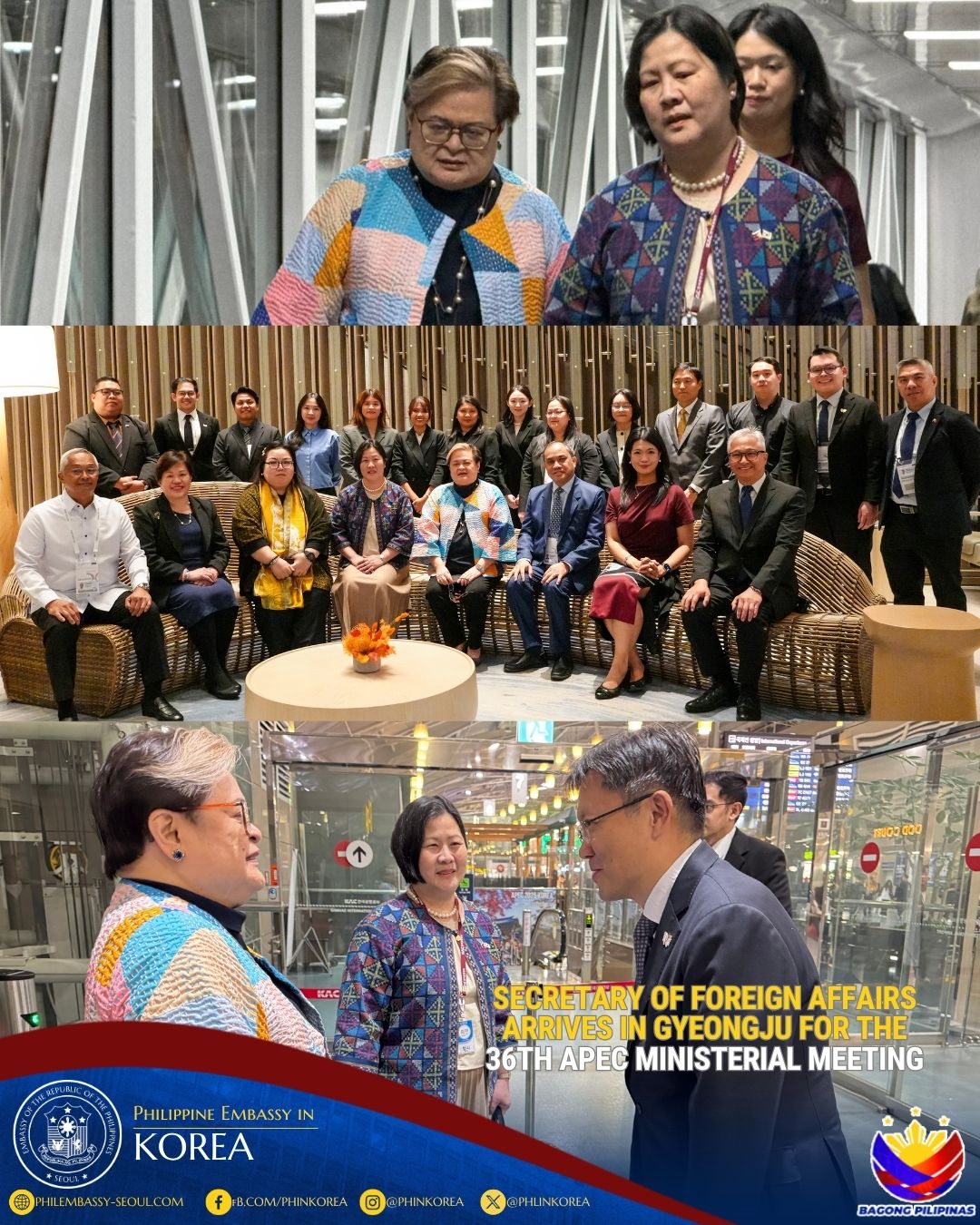Business group launches ‘Kabuhayan Pinoy Muna’ project for OFWs
The Association of Filipino Franchisers Incorporated (AFFI) has unveiled its new program of advocacy, called Kabuhayan Pinoy Muna, to promote franchising and entrepreneurship among Filipinos, especially the overseas Filipino workers (OFWs).
AFFI is composed of over 80 Filipino-owned business franchisers who own small and medium enterprises (SMEs). The program aims to promote entrepreneurship among Filipinos by educating them on the advantages of putting up homegrown Filipino business on a micro, small and medium scale. It also represents the group’s effort to assist in the reintegration of returning OFWs in the country by encouraging them to make use of their entrepreneurial ideas and initiatives. Rommel T. Juan, president of Binalot Fiesta Foods, Inc. and the new AFFI president, said developing the Pinoy entrepreneurial spirit will result in a deep and wide base of Filipino SMEs all over the country. These SMEs are key to alleviating poverty and attaining long-term, sustainable economic growth, said Juan. “More than just promoting business specifically, however, our Kabuhayang Pinoy Muna advocacy also aims to help make Filipino businessmen believe in themselves once more. AFFI is convinced that Filipinos are just as imaginative, creative and sharp in business as the best in the world,†Juan added. This, in turn, will help change the growing negativism among many of our countrymen who now feel that there is very little opportunity and possibility to prosper locally. “This is probably one reason why they look to either migrating or working abroad as a top option,†said Juan. He noted that OFWs are a major contributor to the national economy because of their dollar remittances, but there has been very little initiative in encouraging entrepreneurship among OFWs. “There are more than 11 million OFWs worldwide, or about 11 percent of the total population. [They have] sent back an estimated $14.7 billion in remittances last year, and about $13 billion in 2006. Considering these, OFWs make up a considerable group [as potential investors],†explained Juan Traditionally, OFWs would invest their earnings in buying houses or putting up sari-sari stores. While these sari-sari stores do well, there is very little room for expansion. Franchising, he said, represents a relatively risk-free yet profitable investment for OFWs. The biggest challenge in encouraging OFWs to go into business is lack of information. “OFWs may have the money to invest in a business, but they may be hesitant to do so because there is no one to address their concerns,†he said. Another problem, he said, is inertia. “They may just be content with having money in the bank and would not want the trouble of handling a business.†Media can help resolve this if it takes a more active role in educating the public about entrepreneurship. The private sector and the media can jointly disseminate the message that entrepreneurship is a viable alternative to seeking overseas employment, Juan affirmed. AFFI plans to conduct a series of lectures to promote entrepreneurship and discuss the basics of establishing and running a business. AFFI members themselves will share their experiences in entrepreneurship. The group also plans to establish a “hotline†for those who need information to start their own business. It will also conduct the AFFI Grassroots Campaign, a series of tours to schools, institutions and communities, to spread its entrepreneurship advocacy. “We hope to inspire fellow Filipinos to once more believe in themselves, their ideas, their dreams and most importantly, in their country. Our advocacy slogan sums it all up—Bago ang iba, Kabuhayang Pinoy Muna [Livelihood to Filipinos first before others],†concluded Juan.


 November 13, 2025
November 13, 2025
 November 11, 2025
November 11, 2025
 October 30, 2025
October 30, 2025
